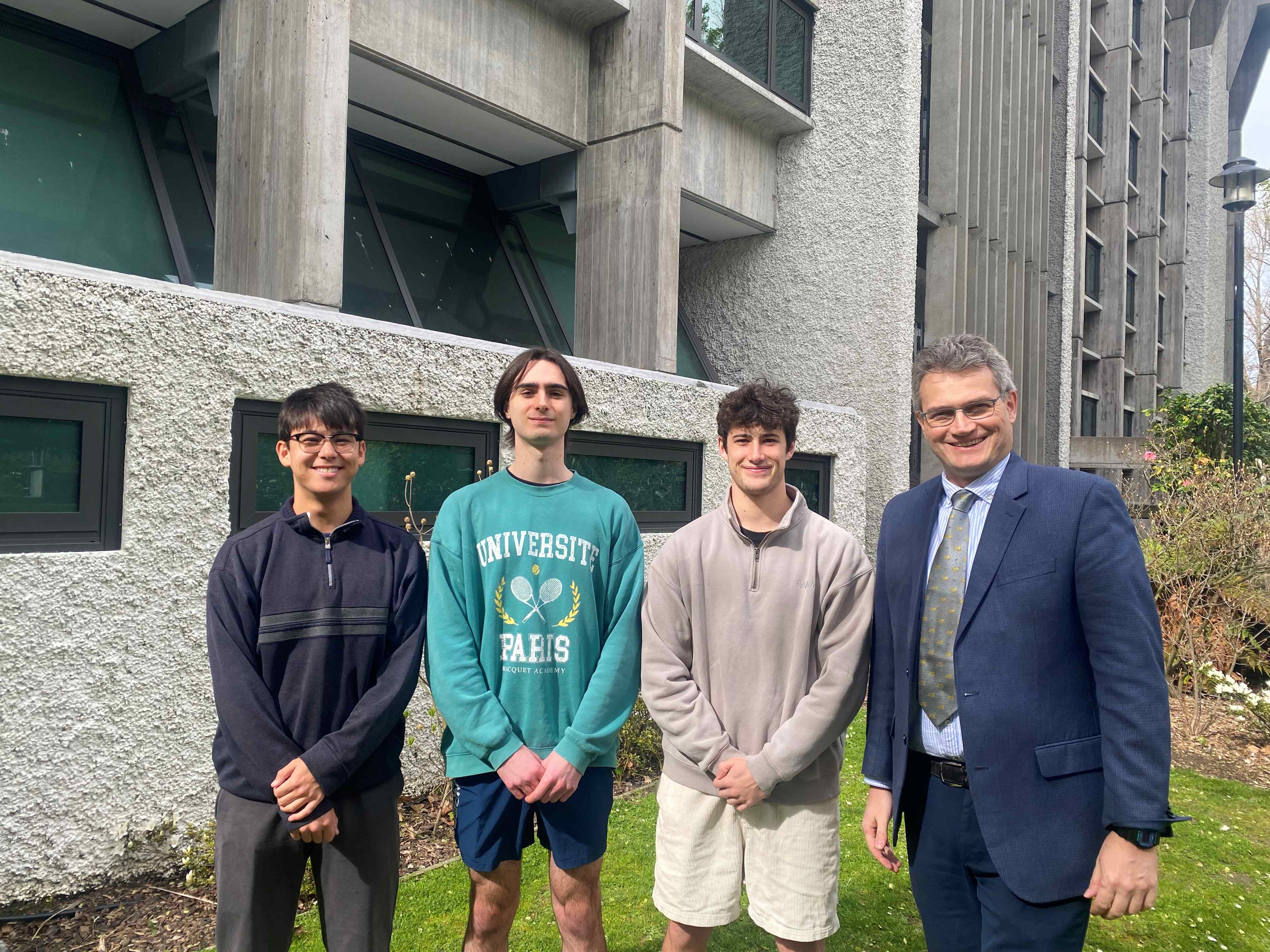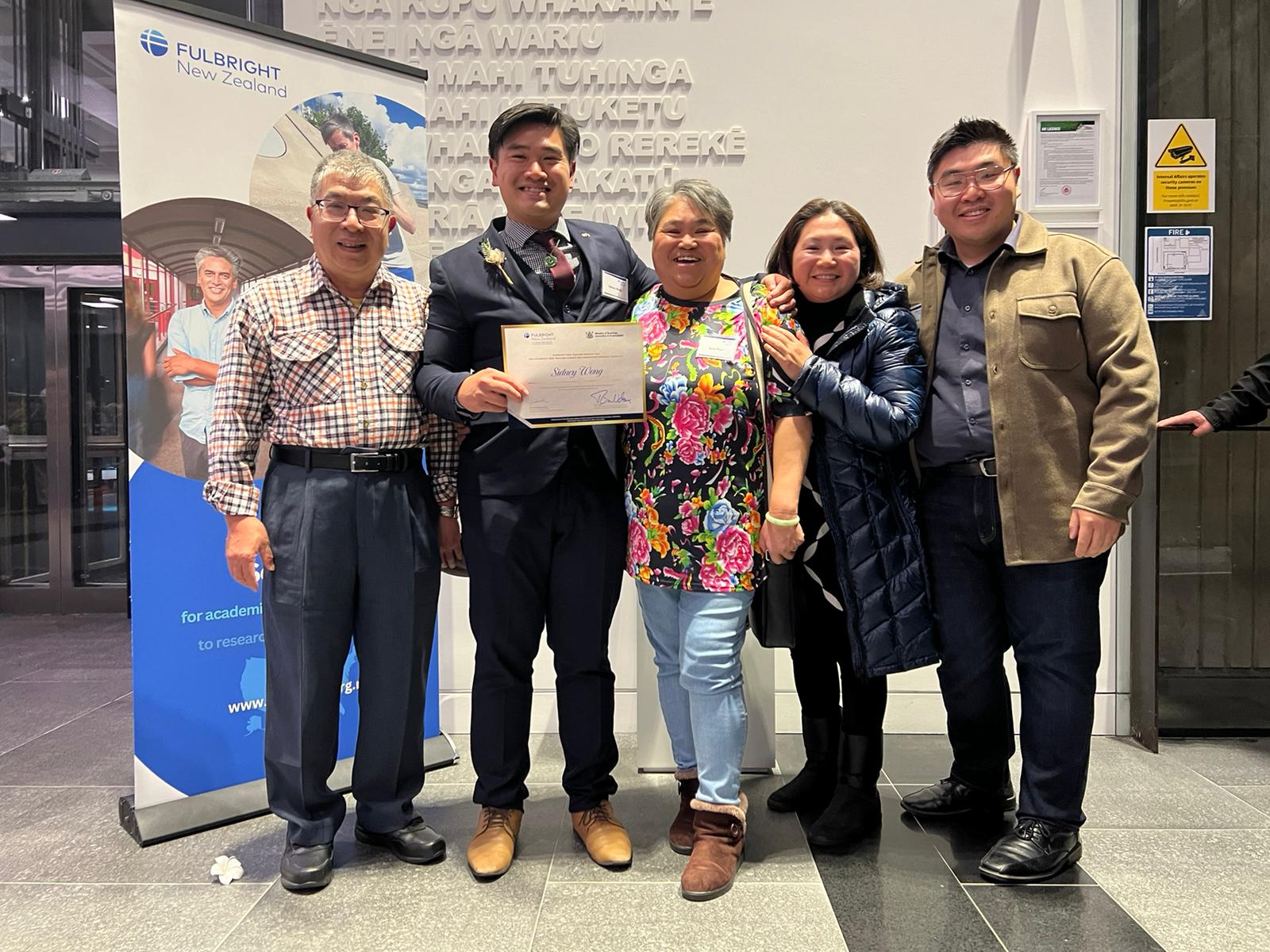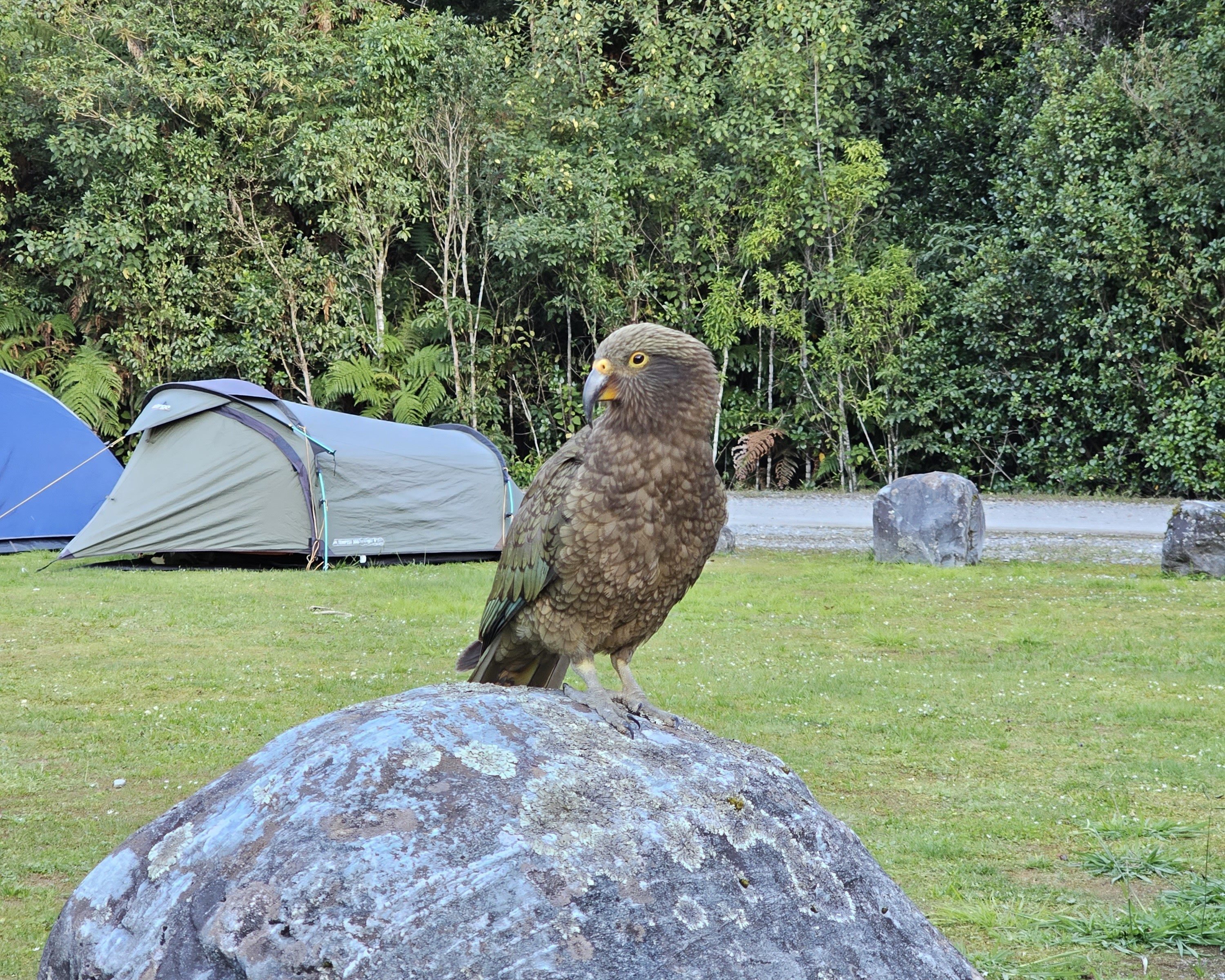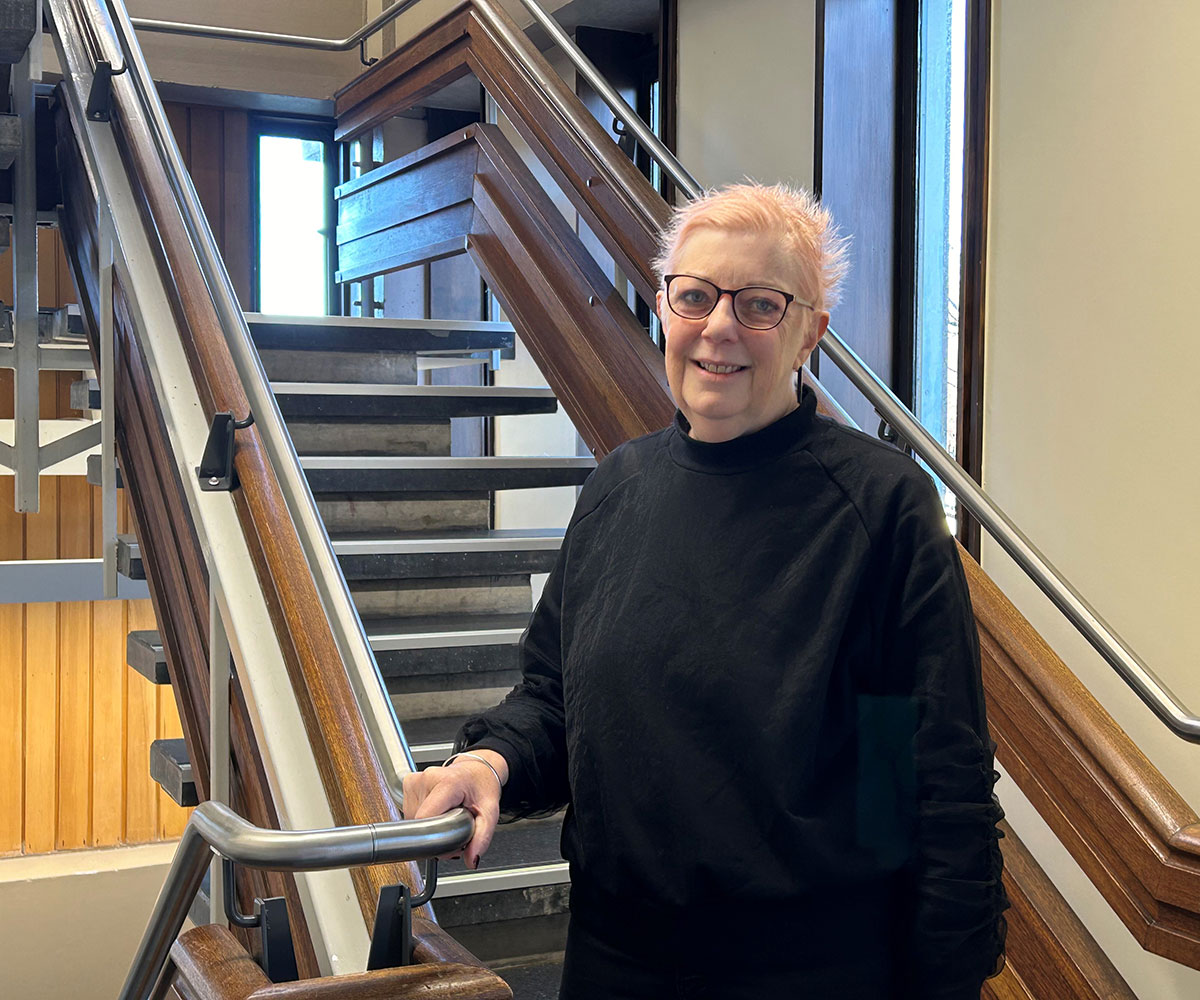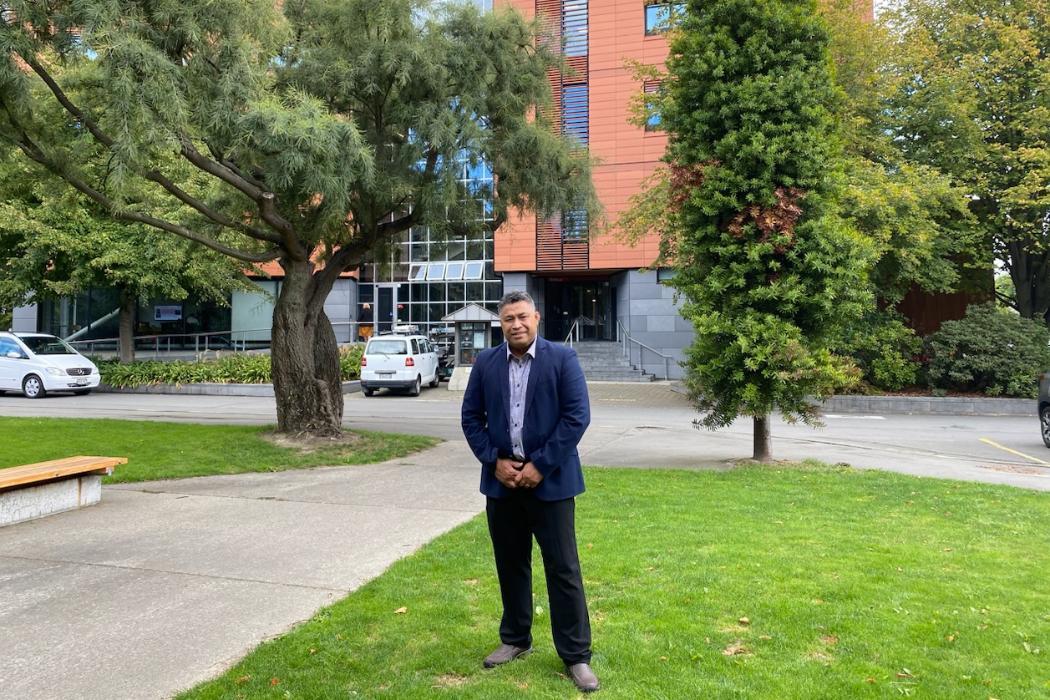“Our wider vision is to close the equity gap in participation, retention and success rates between currently under-served ākonga and the general university population.”
The new scholarships are named Te Kakau a Māui to represent the achievements of Māui and use of the kakau (a handle for multiple tools). Like Māui, many students must overcome trials and hardships, and much like a kakau, a scholarship is a tool to enable students to achieve their dreams and aspirations.
Te Kakau a Māui scholarships are for secondary school students who are on track for university entrance, are involved in their communities and committed to creating a better world.
“To ensure UC is part of enabling a better future for all and promoting social cohesion, we want to ensure that these historically under-represented students have a greater opportunity for university education,” says Brett Berquist, Assistant Vice-Chancellor of Engagement.
With over 80% of scholarship recipients usually coming from schools currently designated as higher decile, and in line with Government plans to focus on equity in education, we want to ensure we provide an education system where all students, regardless of ethnicity or socioeconomic status, can succeed.
“This will be new ground for many Te Kakau a Māui scholarship applicants, so we aim to help break barriers to entry with video submissions and support from UC during the application process,” he says.
Successful scholars will be able to access a range of support to ensure they can thrive and succeed in their studies at UC.
Applications for 2023 Te Kakau a Māui scholarships will remain open until 15 August 2022. (See more here: https://www.canterbury.ac.nz/uc150/scholarship/)
Next year marks the University of Canterbury’s 150th anniversary. Since its foundation in 1873 the university has encouraged talent without barriers. Based on the Oxbridge college system, it differed from Oxbridge by admitting female students from its beginning. UC’s groundbreaking graduates include Helen Connon, the first woman to receive an Honours degree in the British Empire in 1881, political leader Tā Apirana Ngata the first Māori graduate in 1893, as well as Nobel Laureate Ernest Rutherford.




